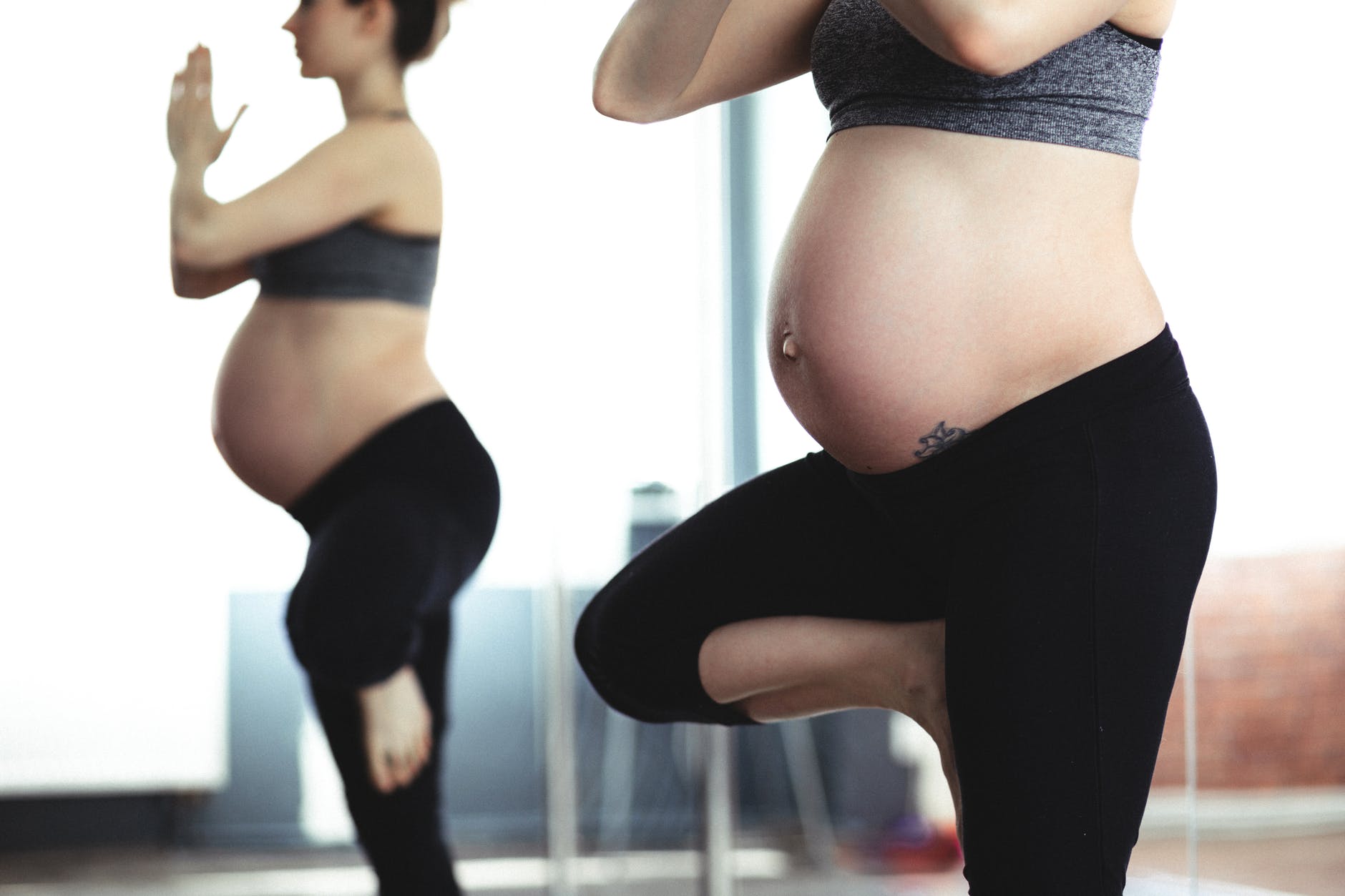Congrats on your pregnancy! From now on, you will be diving headfirst into a roller-coaster journey that is both ultimately challenging and memorable. If you’re a first-time mom, you might have little to no idea on what’s to come, which is completely understandable, but I’m here to break it down to you.
Aside from the basic no-alcohol, no-smoking rules, here are more dos and don’ts that you might need to keep in mind to keep your pregnancy safe and healthy!
Do mind what you eat
If you were not conscious of the food you’re eating before pregnancy, now is the time to do so! Many foods can help nourish your pregnancy, but there are also tons that can be detrimental to your baby. For instance, eating cheeses that are unpasteurized or “natural,” such as Brie, feta, goat, Camembert, or queso fresco, can put your baby at risk for listeriosis, a food-borne disease that can result in severe illness, premature delivery, miscarriage, or even death of the baby. Pregnant women can also catch this from eating raw and undercooked meat.
Some beverages may need to take moderately to keep adverse effects on pregnancy at bay. This includes diet soda, coffee, and herbal tea. When in doubt, talk to your doctor so you can discuss what’s good and bad for you to take.
Do gain weight smartly
A lot of moms-to-be start packing on the pounds as soon as they get a positive result after home pregnancy testing since they are now “eating for two.” Meanwhile, others may try to keep their diet on the low thinking they might lose their figure due to pregnancy. Both may not be necessarily right; what you need to do instead is to gain weight the smart way!
According to Mary Rosser, M.D., of Montefiore Medical Center in Bronx, New York, a pregnant mother doesn’t need to gain a huge amount of weight. A fetus usually needs about 100 extra calories a day during the first trimester and 300 calories on the third. However, this might not be the case for heavier moms, specifically those who are overweight or obese, as they may need to follow tailored weight-gain advice from their OBs.
Don’t clean the litter box
You can still keep your beloved cat during pregnancy as long as you wash your hands after holding them. However, pregnant women are advised against cleaning their cat’s litter box. There are millions of parasites found in feline waste, which can be particularly dangerous to expectant mothers. Specifically, the parasite called Toxoplasma gondii may lead to complications during pregnancy, which includes a miscarriage or a stillbirth.
For babies who contract this particular parasite, they may experience serious health issues that include seizures and mental illnesses.
Don’t skip prenatal testing
Once you get your first doctor’s visit, you are expected to undergo a series of prenatal tests to help your healthcare provider assess and monitor your child’s development and well-being. It is important not to skip these prenatal visits and screenings, as they are essential in preventing congenital defects and complications in your baby.
During the first trimester, you are expected to undergo a Pap smear to check for abnormal cells. An ultrasound is also requested, usually during your first prenatal appointment, to confirm the pregnancy loss and to plot a due date for your baby. Then, you will undergo a series of routine blood tests, as well as a blood test for HIV.
Once you go along your pregnancy, you will need to take more particular screening tests such as a glucose screening test, a group B strep test, and the option for amniocentesis. For high-risk pregnancies, additional tests such as a biophysical profile or a nonstress test may be done to check on your child’s condition.
Pregnancy is the time to be cautious about your lifestyle and to develop a health care routine to maintain a healthy pregnancy and keep your baby in tiptop condition. Always keep these dos and don’ts in mind and your pregnancy will get by just fine!












